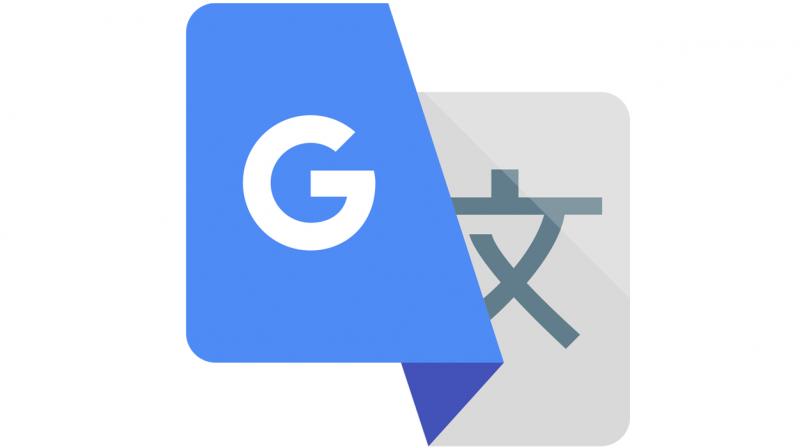Google Translate is breaking language barriers at Russia's World Cup

Soccer might be the most universal language on the planet. But when it comes to deciphering the Cyrillic alphabet or communicating with locals at the World Cup in Russia, the love of the game is sometimes not enough.
To get around language barriers in Russia, World Cup fans from around the globe have been actively using the Google Translate applications on their mobile phones. It has saved them the trouble of rummaging through phrase books or gesticulating to ask for directions or get their point across.
The software has proven indispensable for many fans to communicate with locals in bars, restaurants and hotels in the 11 host cities.
“It’s very difficult to understand the Cyrillic alphabet in Russian,” said Brazilian fan Gustavo, who travelled more than 12,000 kilometres (7,456 miles) from his native Pocos de Caldas to support his team in Kazan, where they will face Belgium in the quarter-finals on Friday.
“So we use Google all the time and ask the people what they are trying to serve or to eat. When you use Google and you know the translation that became easier.”
Some foreign fans type what they want to say in Russian in their native language and show the translation to locals. Others use the app’s voice function that allows them to virtually speak to people in other languages.
Russians have also been caught up in the craze.
“We were at the souvenir shop in Vladimir and the lady had her computer on so she would type her Russian words and then ask me to look at her screen to read the English translations,” said Trisha, a Filipino tourist visiting Kazan.
Although the app can sometimes produce inaccurate or awkward translations, fans say it has significantly enhanced their World Cup experience.
“One of our friends wanted to tell the woman in a shop that Russian women were very beautiful,” said Colombian fan Juan David Londono in Samara, where Colombia beat Senegal 1-0 in the group stage last month.
“But when Google translated, it said ‘old women are very beautiful.’”
Some reporters have also used the tool to circumvent language restrictions imposed at the press opportunities of certain teams.
At a news conference with France star Antoine Griezmann last month, a Spanish reporter wanted to ask him about his future at his club, Atletico Madrid.
But France media managers had said questions would only be taken in French, a language the reporter did not speak. He got around the restriction by having Google Translate render his question in French.
Griezmann laughed and began answering in Spanish while the French team’s spokesman said “next question” and urged the player to remain silent.
Click on Deccan Chronicle Technology and Science for the latest news and reviews. Follow us on Facebook, Twitter.

